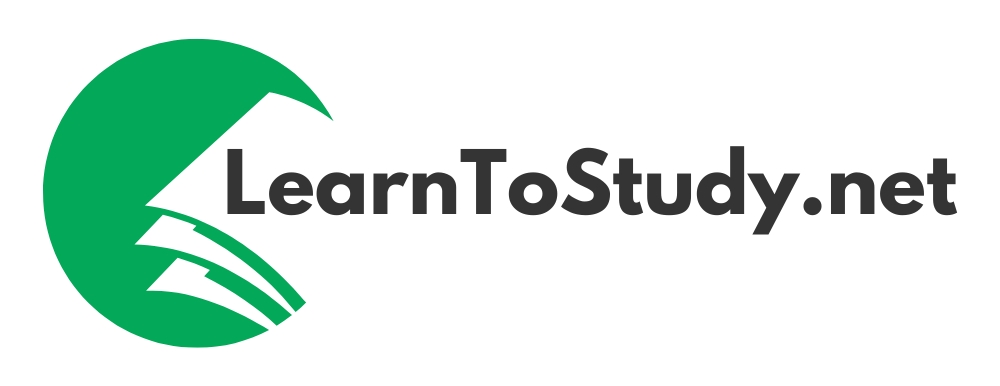
The term ‘open-book exam’ might sound like a relief to many students. With the resources available at your fingertips, it seems as if the challenge of memorization is eradicated. However, as many seasoned students can attest, open-book exams present their own unique challenges. They test not just your ability to recall facts but your understanding, your capacity to apply knowledge, and your critical thinking skills. This article delves deeper into the strategies that can guide you to master the art of open-book exams.
1. Understand the Nature of the Exam
Open-book exams fundamentally differ from their closed-book counterparts. They aren’t merely about regurgitating facts or figures but often emphasize comprehension, application, and synthesis.
- Recognize the purpose: Open-book exams are designed to challenge your analytical and interpretative skills. While you have access to various resources, succeeding in such exams is about effectively using these tools. Remember, everyone has the same access, but the distinction lies in how efficiently and intelligently you utilize the information.
- Know the format: Different formats require different strategies. Whether it’s essay-based questions, multiple-choice, short answers, or problem-solving tasks, understanding the format beforehand lets you prepare more efficiently and effectively.
2. Organize Your Resources
A cluttered workspace or disorganized resources can hinder your performance. Imagine knowing you have the answer in your notes, but being unable to locate it!
- Highlight important sections: Effective highlighting or using sticky notes can be invaluable during crunch time. This method ensures you can swiftly identify key sections or definitions.
- Prepare a table of contents: If your notes or readings aren’t well-indexed, consider crafting a table of contents or an index page. Being able to quickly refer to a topic can save you precious minutes during the exam.
3. Don’t Over-rely on the Material
Having access to resources is both a blessing and a potential pitfall. You might feel the urge to cross-check every answer or overanalyze, but this can eat into your time.
- Familiarize, don’t memorize: While memorization isn’t the primary focus, you should be well-acquainted with your material. Know the layout of your textbooks, the sequence of your notes, and the general content of each section. This ensures that when you need to dive deeper into details, you know exactly where to go.
- Practice without materials: This might sound counterintuitive, but occasionally practicing without your resources can bolster your understanding and highlight areas that require further attention.

4. Time Management is Crucial
Even if the exam duration seems ample, remember that searching through materials, cross-referencing, and analyzing can be time-consuming.
- Allocate time: Begin by quickly scanning the entire exam. By allocating specific time slots to each question or section, you ensure coverage of all topics. Always aim to reserve a few minutes at the end for review and any last-minute additions.
- Stick to your plan: It’s easy to get bogged down on challenging questions. However, if a question is taking too long, it’s often wiser to move on and circle back if time permits.
5. Practice Previous Year’s Questions
Historical papers can offer a goldmine of insights, not just into the content but also the style and structure of questions.
- Simulate the real deal: Create a mock exam environment. Use all your resources and practice as if you’re in the actual exam. Over time, you’ll find your speed and efficiency in navigating through materials increase exponentially.
- Review answers: After completing a mock test, don’t just check your answers. Dive into areas of misunderstanding or confusion and address them thoroughly.
6. Develop Critical Thinking Skills
Open-book exams often contain scenario-based questions or tasks that require lateral thinking. They’re not about what you know but how you use what you know.
- Engage with the material: Active learning, such as discussing topics with peers, participating in online forums, or debating perspectives, can immensely improve comprehension and retention.
- Practice analytical tasks: Engage in activities that hone your analytical thinking. Whether it’s analyzing case studies, interpreting data sets, or solving complex problems, these skills will stand you in good stead during your exam.
7. Master the Art of Note-taking
Notes act as your primary quick reference during the exam. Ensuring they are concise, clear, and well-organized can significantly speed up your answering process.
- Summarize concepts: For each topic or chapter, have concise summaries. These provide a snapshot of the topic, allowing you to quickly gauge whether you need to delve deeper into the material.
- Use diagrams and charts: Visual representations, whether flowcharts, diagrams, or mind maps, can elucidate concepts more rapidly than textual descriptions.

8. Stay Updated with Course Materials
For subjects that evolve rapidly, such as technology or current events, ensure you’re
updated with the latest developments.
- Regularly review new information: Make it a habit to periodically review new materials or updates provided by the instructor or available in the domain.
- Integrate updates into notes: Ensure that any new content or insights are integrated into your primary notes, so everything you need is in one place during the exam.
9. Manage Exam Stress
While the prospect of having resources can be comforting, it’s essential not to get complacent. Nervousness can creep in, affecting your concentration and overall performance.
- Practice relaxation techniques: Incorporating relaxation techniques such as deep breathing exercises, progressive muscle relaxation, or guided imagery can be beneficial. These methods can provide a quick way to calm your nerves and refocus during the exam.
- Boost your confidence: Regularly remind yourself of your preparation efforts, past successes, and positive affirmations. A confident mindset can significantly influence your exam performance, reducing the chances of second-guessing or overthinking.
Conclusion
Navigating open-book exams requires a blend of knowledge mastery, effective resource utilization, and keen analytical skills. It’s about transcending mere memorization and harnessing the full breadth of your learning experience. By adopting the strategies elucidated above, you can transform the potential challenges of an open-book exam into opportunities for academic excellence. Not only will these techniques equip you for success in such assessments, but they will also foster lifelong learning habits that will serve you well beyond the confines of the examination room.

